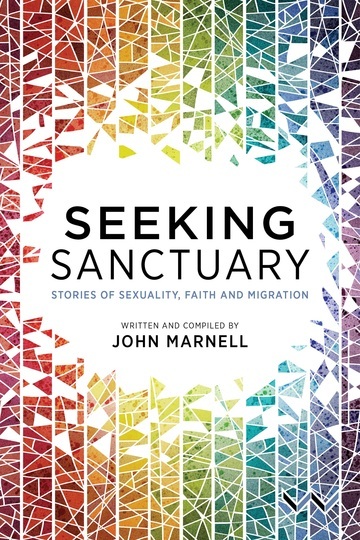Citizen and Pariah
Somali Traders and the Regulation of Difference in South Africa
- Publication Date: March 2022
- Dimensions and Pages: 229 x 152mm 6 Illustrations, black & white Extent: 256pp
- Paperback EAN: 978-1-77614-739-7
- eBook EAN: 978-1-77614-742-7
- PDF EAN: 978-1-77614-741-0
- Recommended Price (ZAR): 300
- Recommended Price (USD): 20
Hoping for a better life, many migrants have made the journey to South Africa and set up as informal spaza shop traders in small towns and township areas, supplying the local residents with essentials. These traders work hard, open their shops early, close late and support their relatives and kinspeople in starting new businesses. But thriving in environments afflicted by unemployment and crime is almost impossible when armed robberies are a daily reality, protection from law enforcement is not a given, and access to justice is effectively out of reach.
Engaging first-hand with small traders and the Somali communities in Khayelitsha, Kraaifontein and Philippi, Vanya Gastrow investigates the predicament of these modernday pariahs – social and political outcasts who belong neither to the elite nor the common people, and who are frequently the focus of xenophobic anger.
Tracing national-level regulatory developments in post-apartheid democratic South Africa Gastrow shines a light on how retailers have been politicised and how they have faced growing informal and formal regulatory efforts to curtail their business activities. She demonstrates how democratic and constitutional frameworks can erode in contexts of heightened nationalism, populism and economic inequality. By investigating Somali informal shopkeepers’ experiences of crime, justice and regulation in the country, the fragility of law, pluralism and democracy in South Africa is uncomfortably exposed.
Keywords: xenophobia; foreign traders; ethnic discrimination; human rights; East African diaspora; Somalia; Ethiopia; Horn of Africa; foreign nationals; spaza shops; township traders; eKasi shopkeepers; informal traders; African immigrant trader; informal market; small street trading enterprises; economic migrants; anti-immigrant laws; South African immigration laws; foreign-owned businesses; labour law; economic inequality; anti-immigrant violence; criminalising immigrants; citizenship; immigrant entrepreneurship; African Centre for Migration and Society; Somali Association of South Africa; Hannah Arendt; Bernard Lazare
List of Illustrations
Preface
Acknowledgements
PART I: ARRIVAL AND RECEPTION
Chapter 1 Introduction: law, justice and the pariah
Chapter 2 Getting started: a tale of three cities
Chapter 3 The unwelcome guest: flight and arrival in South Africa
Chapter 4 Crime and the fluid migrant
Chapter 5 A window on statistics opens up
Chapter 6 Fortress South Africa: informal justice and control
Chapter 7 Elusive justice and xenophobic crime
Chapter 8 An ordinary crime: the politics of denial
PART II: REGULATION AND CONTAINMENT
Chapter 9 The Masiphumelele shop threat, 2006
Chapter 10 In the shadow of Masiphumelele
Chapter 11 The shifting problem and changing narratives
Chapter 12 Infestation and backlash: the Soweto cleansing of 2018
Chapter 13 When reasoning rings hollow
Chapter 14 The problem as legitimacy
Chapter 15 Regulating trade: informality and segregation by agreement
Chapter 16 When agreements fall apart
Chapter 17 Legal imaginaries: trading without a licence
Chapter 18 Turning to formality, 2012
Chapter 19 Formalising exclusion as the African way
PART III: THE POLITICS OF PARIAHDOM
Chapter 20 Pariahdom and bare life
Chapter 21 Pariah justice
Notes
Bibliography
Index
Vanya Gastrow is a lawyer and research consultant based in Cape Town, South Africa. She holds a PhD in migration studies and wrote this book as part of a postdoctoral research fellowship at the Department of Public Law at the University of Cape Town.




